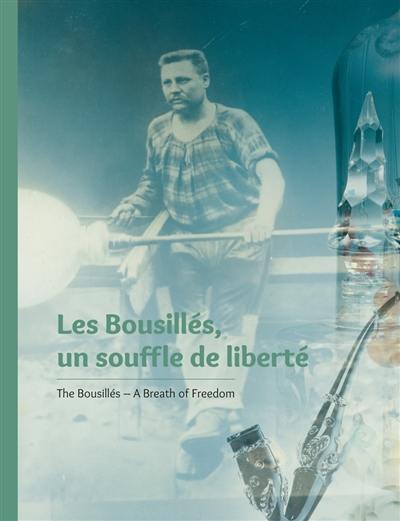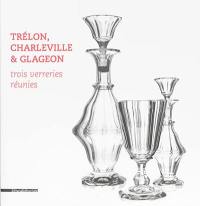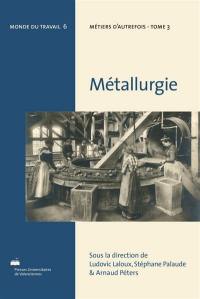
Fiche technique
Format : Broché
Nb de pages : 127 pages
Poids : 835 g
Dimensions : 20cm X 23cm
ISBN : 978-2-37680-027-9
EAN : 9782376800279
Les bousillés, un souffle de liberté
Quatrième de couverture
Témoins du riche passé ouvrier de Sars-Poteries, commune du nord de la France qui vécut de 1801 à 1937 au rythme des manufactures verrières, les bousillés sont des objets du quotidien souvent empreints d'une grande fantaisie. Non voués à la vente mais offerts aux proches ou aux amis, ils étaient réalisés par les verriers pendant leur temps de pause. Ces objets gardent encore aujourd'hui une grande part de mystère. Les renseignements les concernant sont souvent très parcellaires, mais les recherches sur leur histoire se poursuivent, mobilisant les habitants de Sars-Poteries et les descendants des verriers.
C'est à Louis Mériaux, fondateur en 1969 d'un premier musée du Verre, que l'on doit la redécouverte de ces bousillés et la constitution de l'exceptionnelle collection dont cet ouvrage témoigne. Régulièrement enrichie depuis, elle forme le fonds historique de ce lieu vivant qu'est le Mus Verre, où la création verrière contemporaine dialogue avec celle des anciens ouvriers.
Testifying of the rich past of the manual workers of Sars-Poteries, a village in the north of France that lived at the pace of the glass manufactures from 1801 to 1937, bousillés are everyday objects often imbued with great imagination. These non-commercial items, made for friends and family, were created on the glassworkers' breaks. To this day, much about them remains unknown. Their background information is often rather fragmentary but research on their history is ongoing, mobilising the inhabitants of Sars-Poteries and the glassworkers' descendants.
We owe the rediscovery of these bousillés and the creation of the exceptional collection presented in this book to Louis Mériaux, founder of the first glass museum in 1969. Benefiting from regularly additions ever since, this collection constitutes the core of historical works of MusVerre, a vibrant place where contemporary glass creation is standing in dialogue with that of the former workers.













